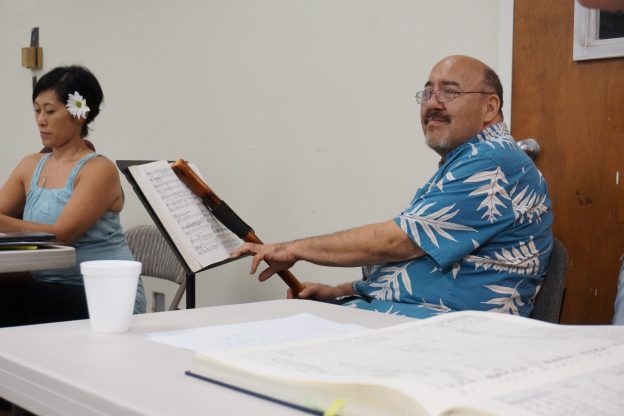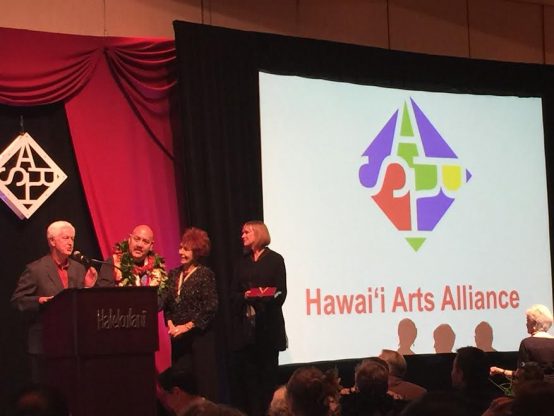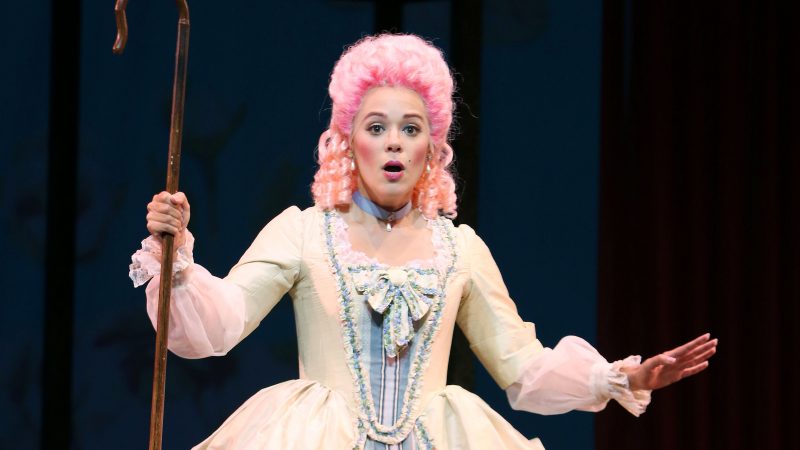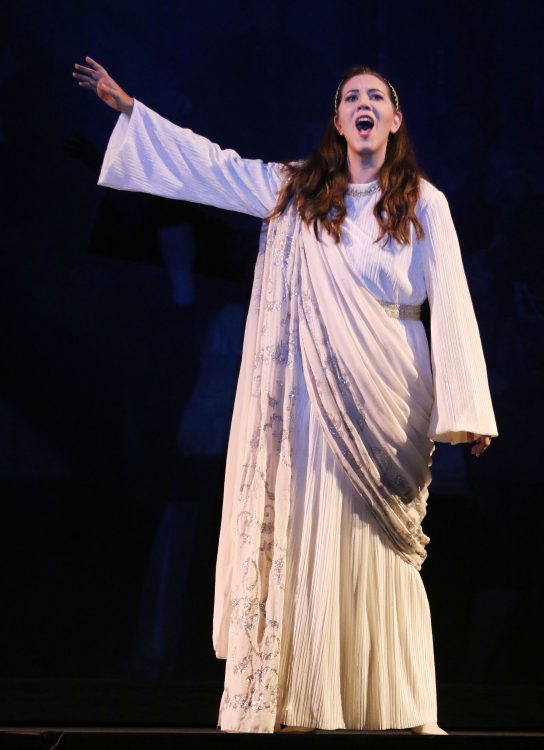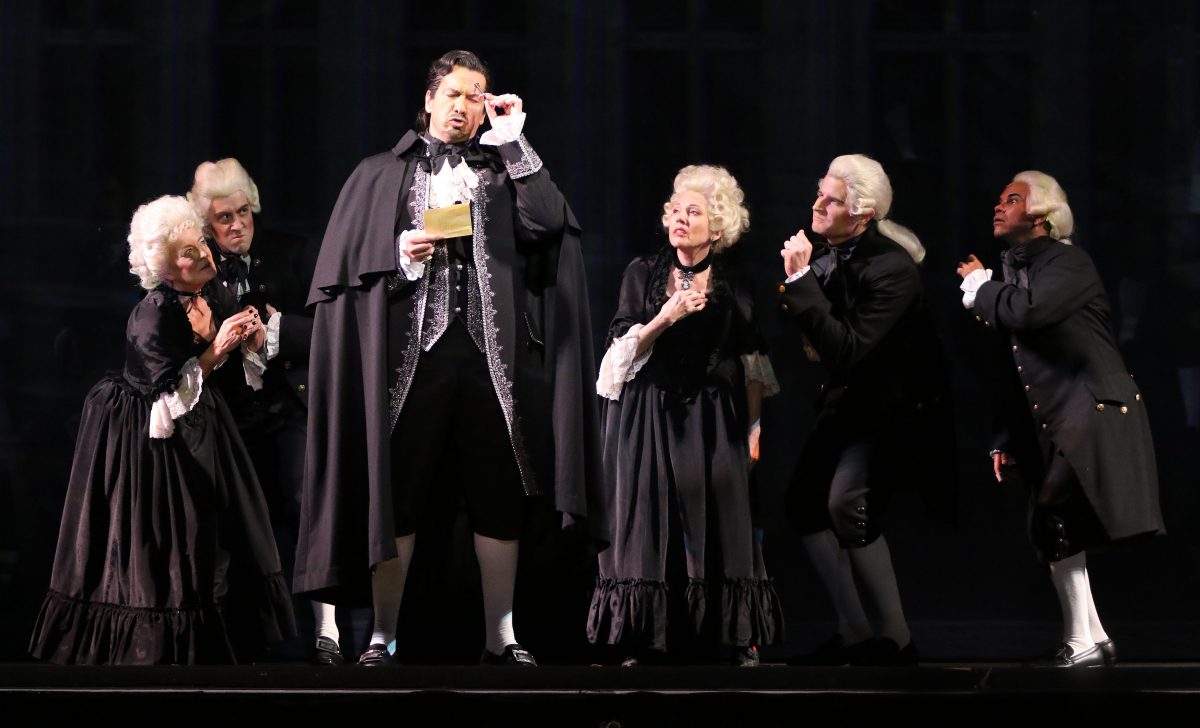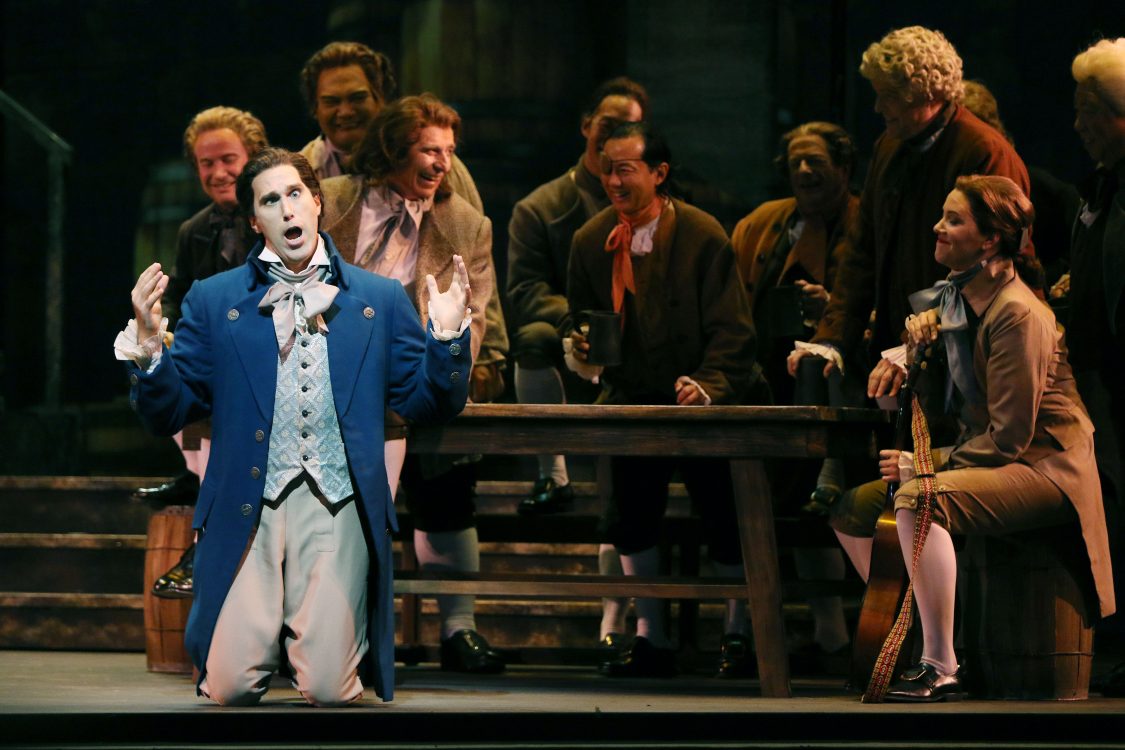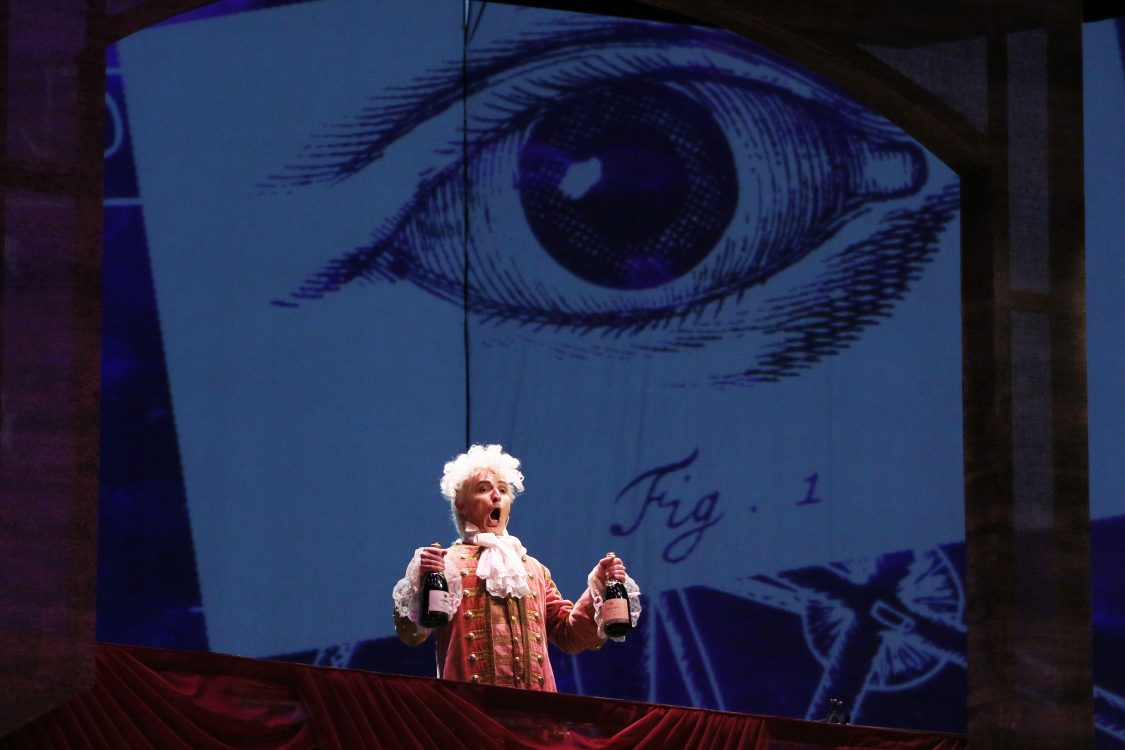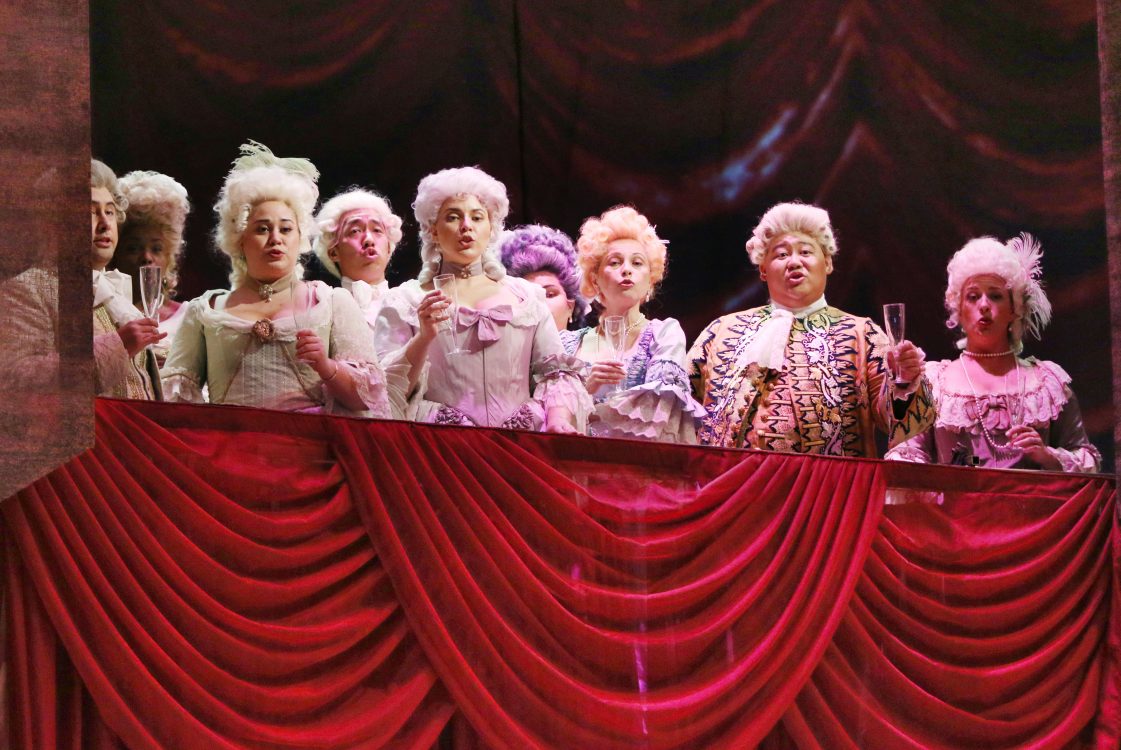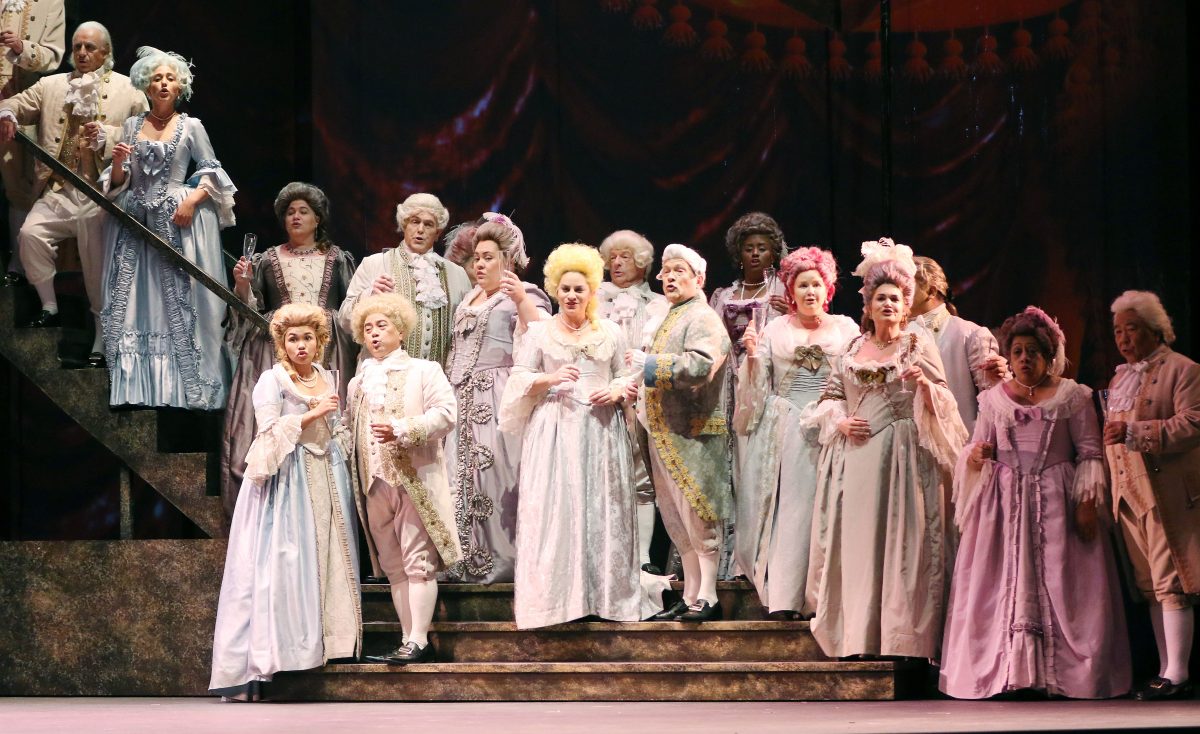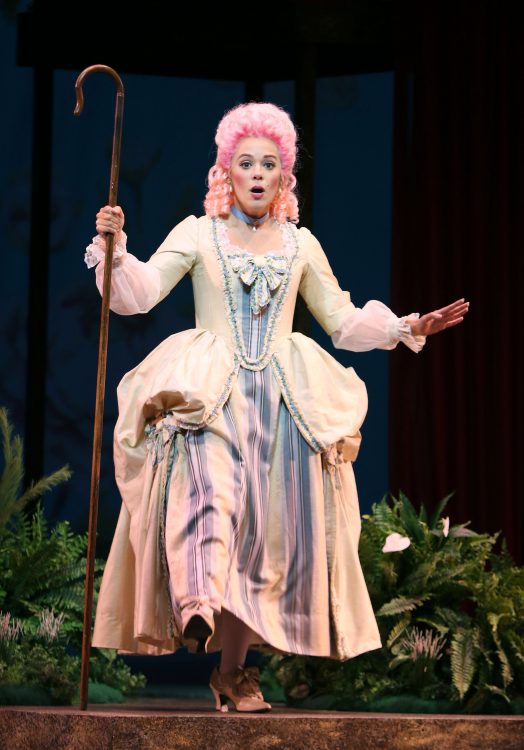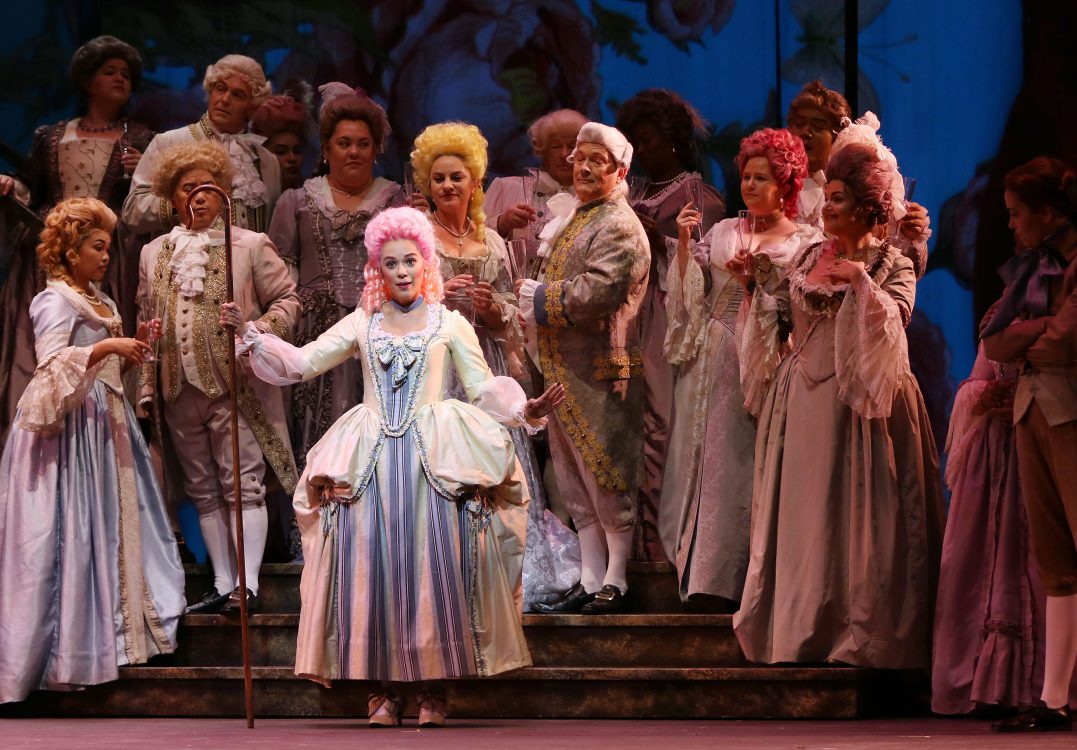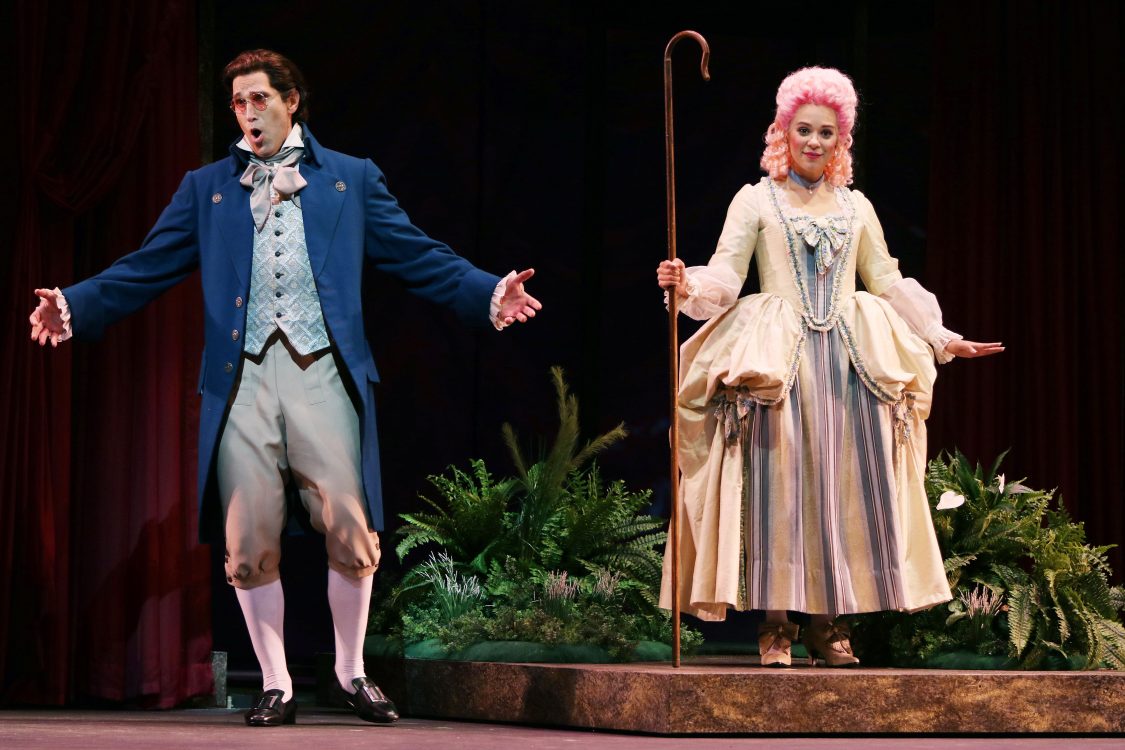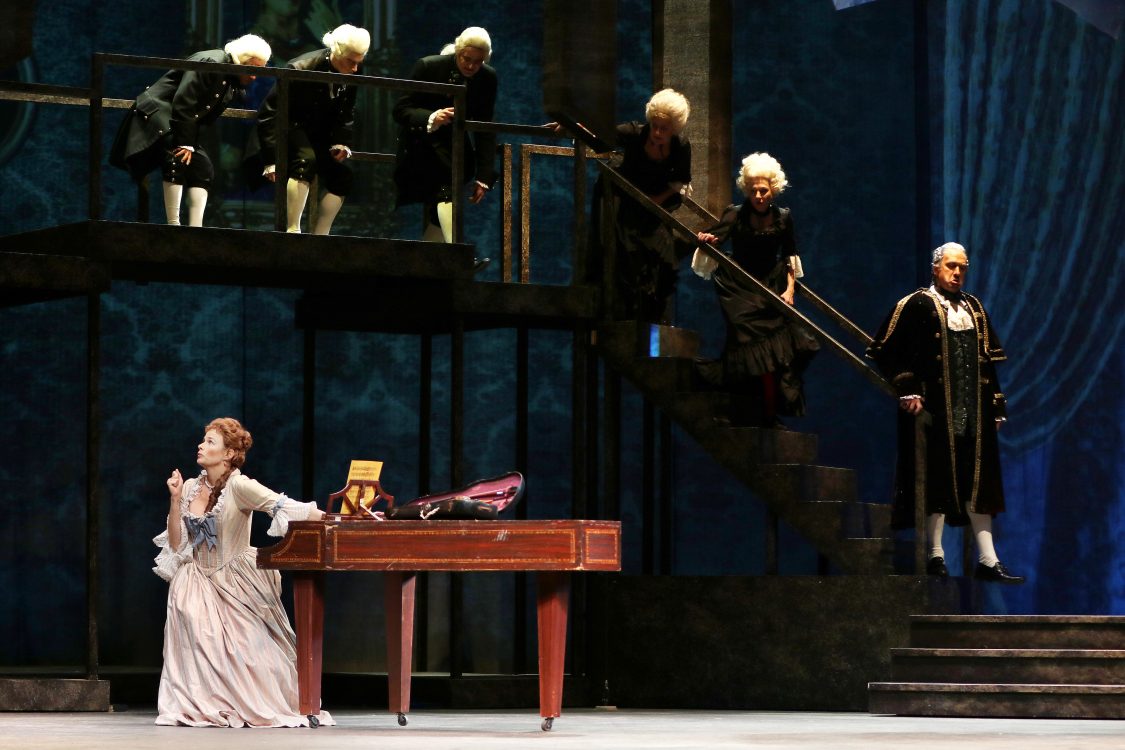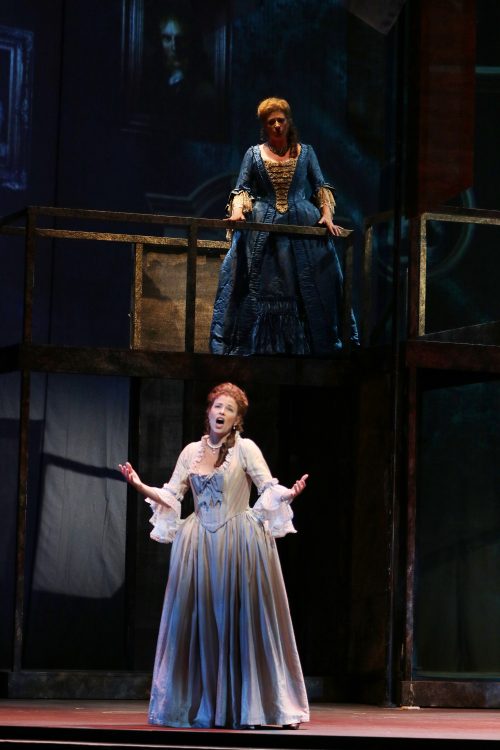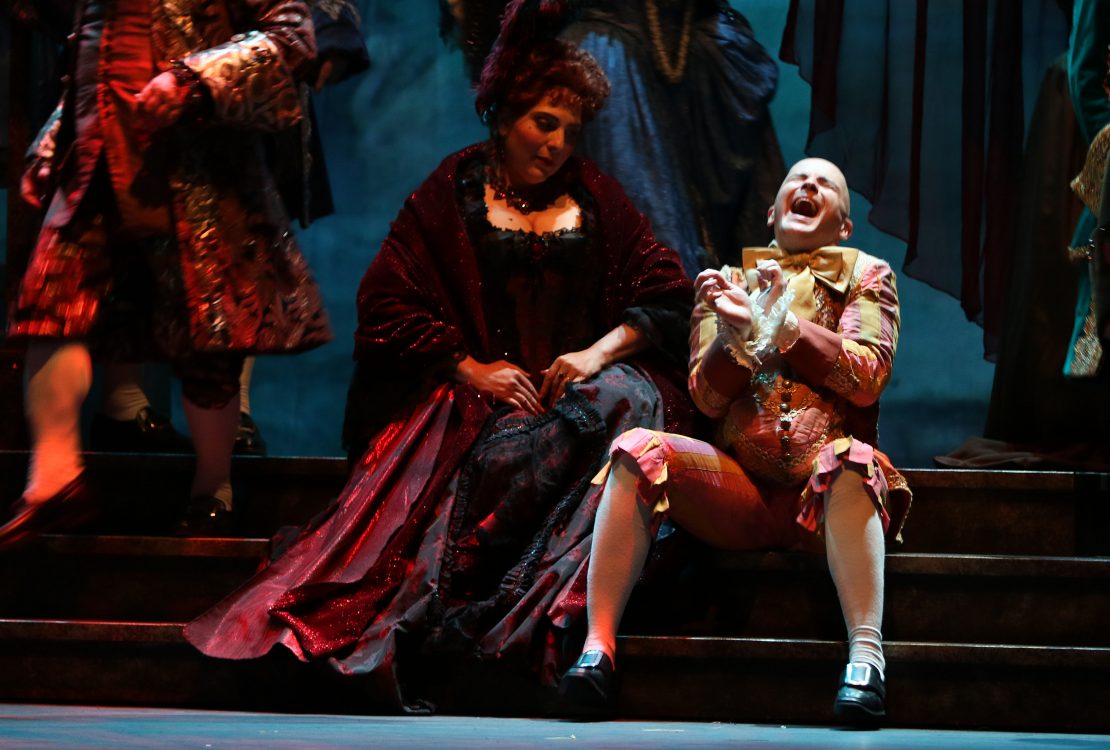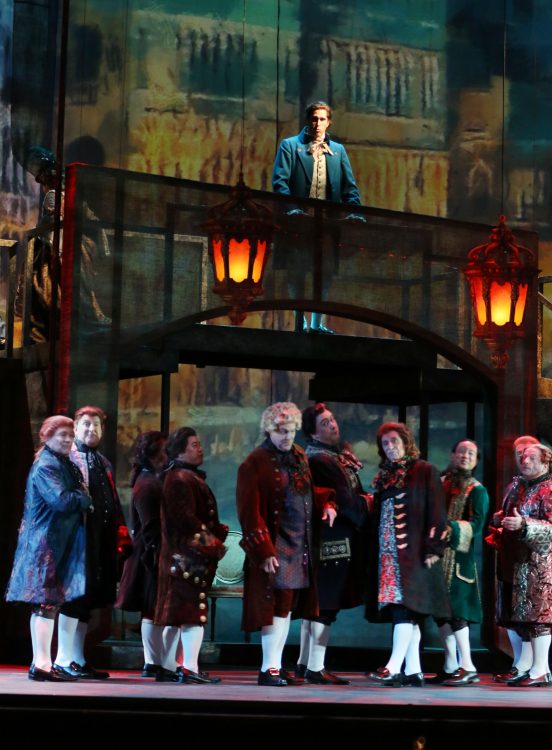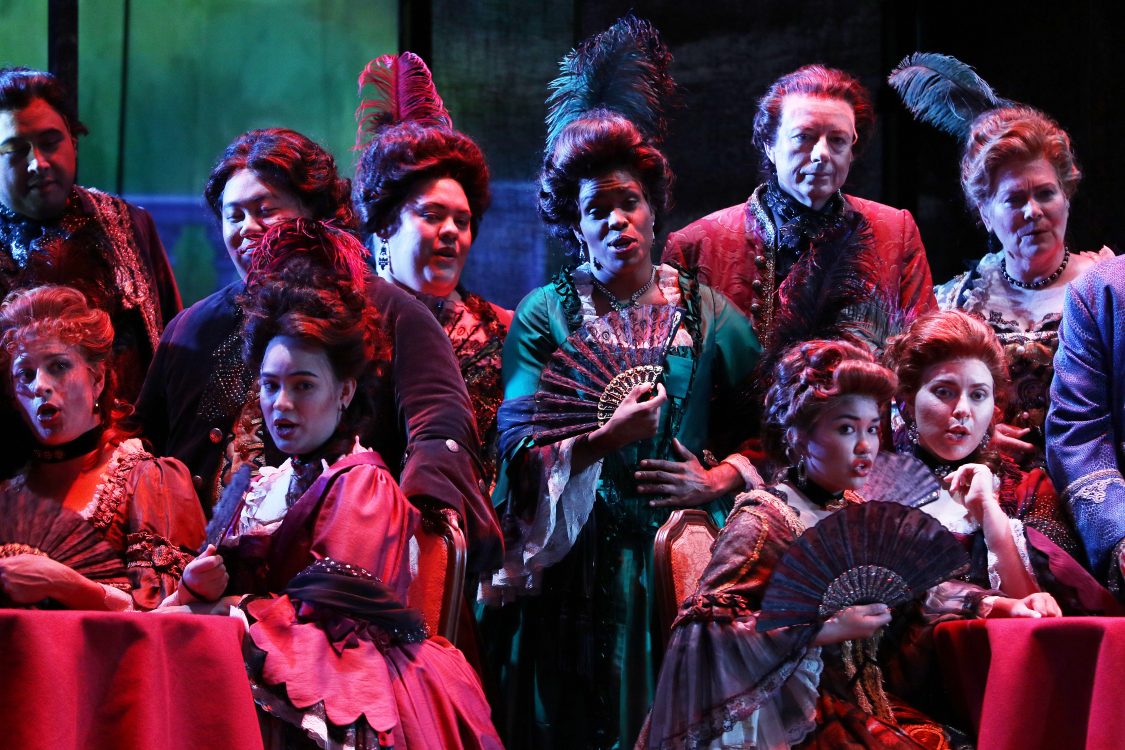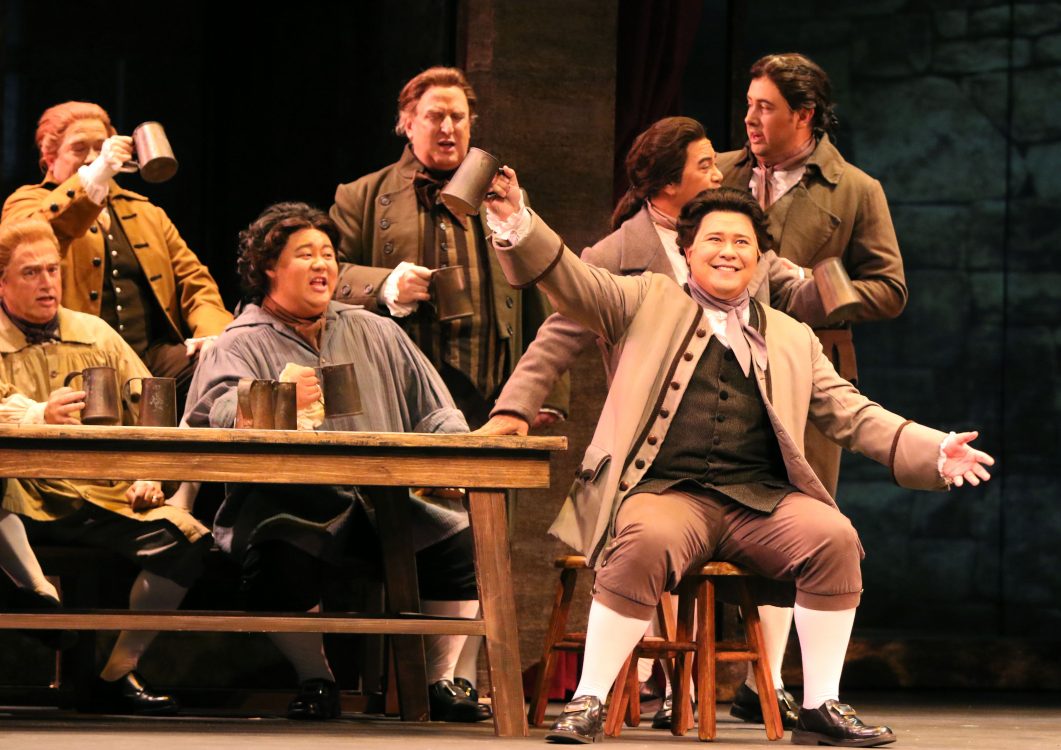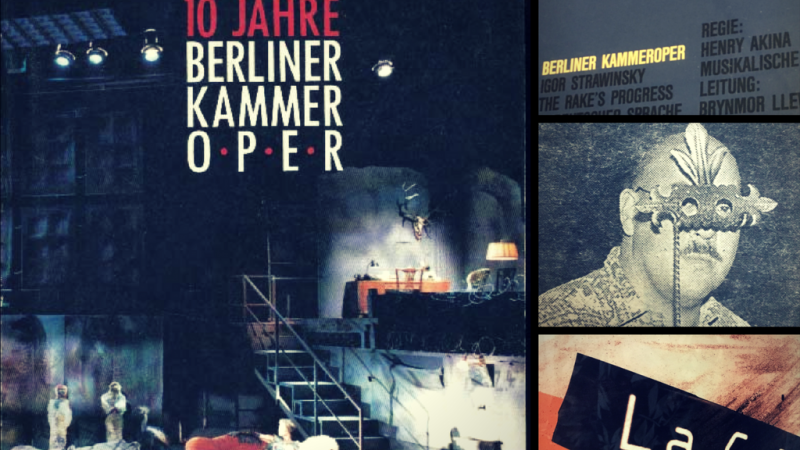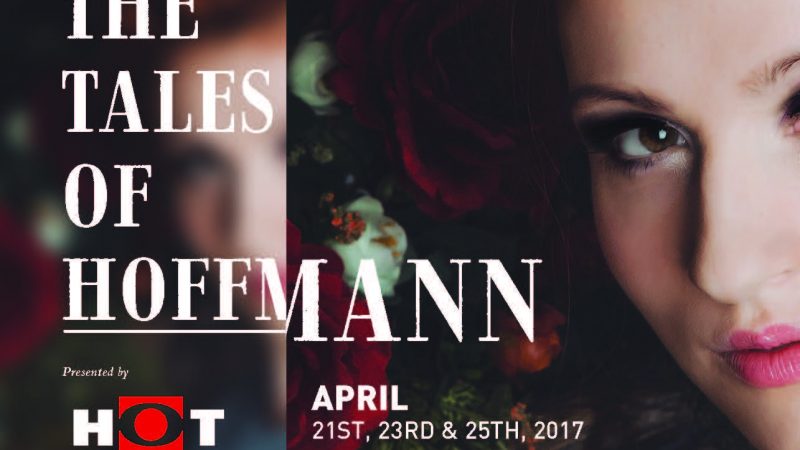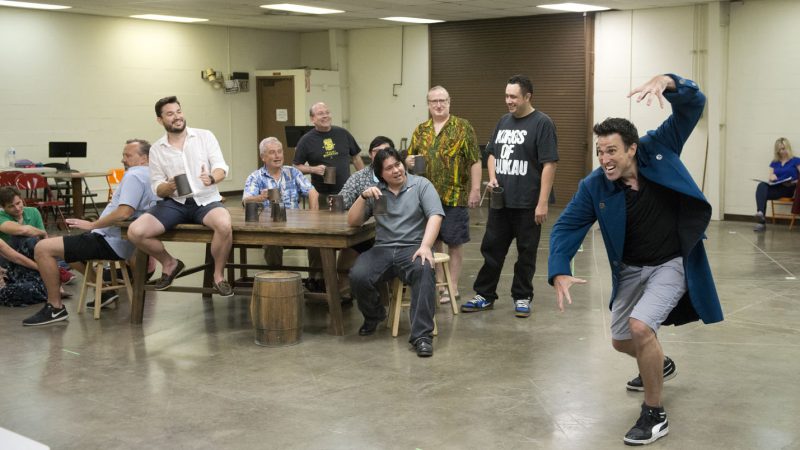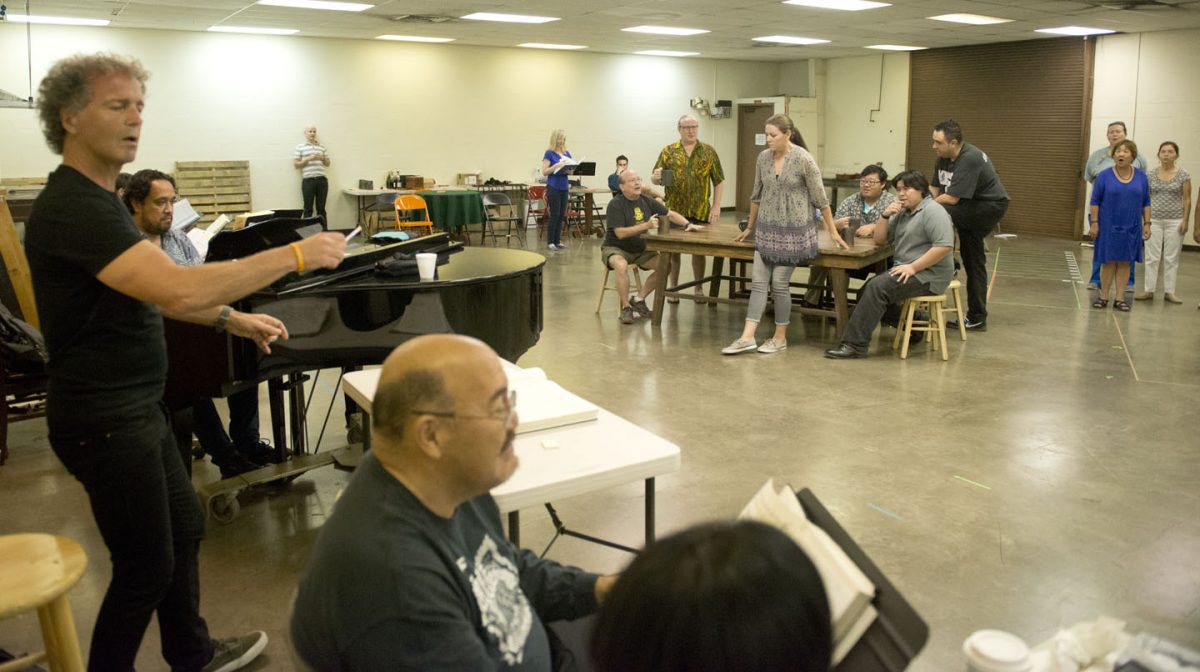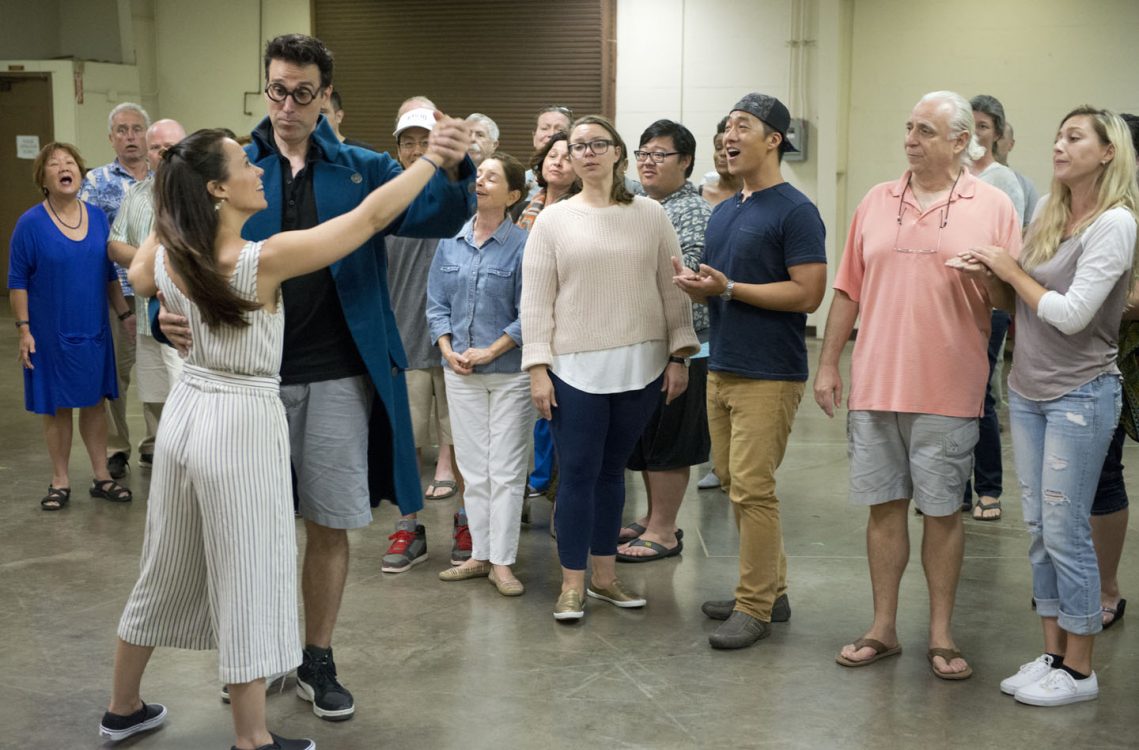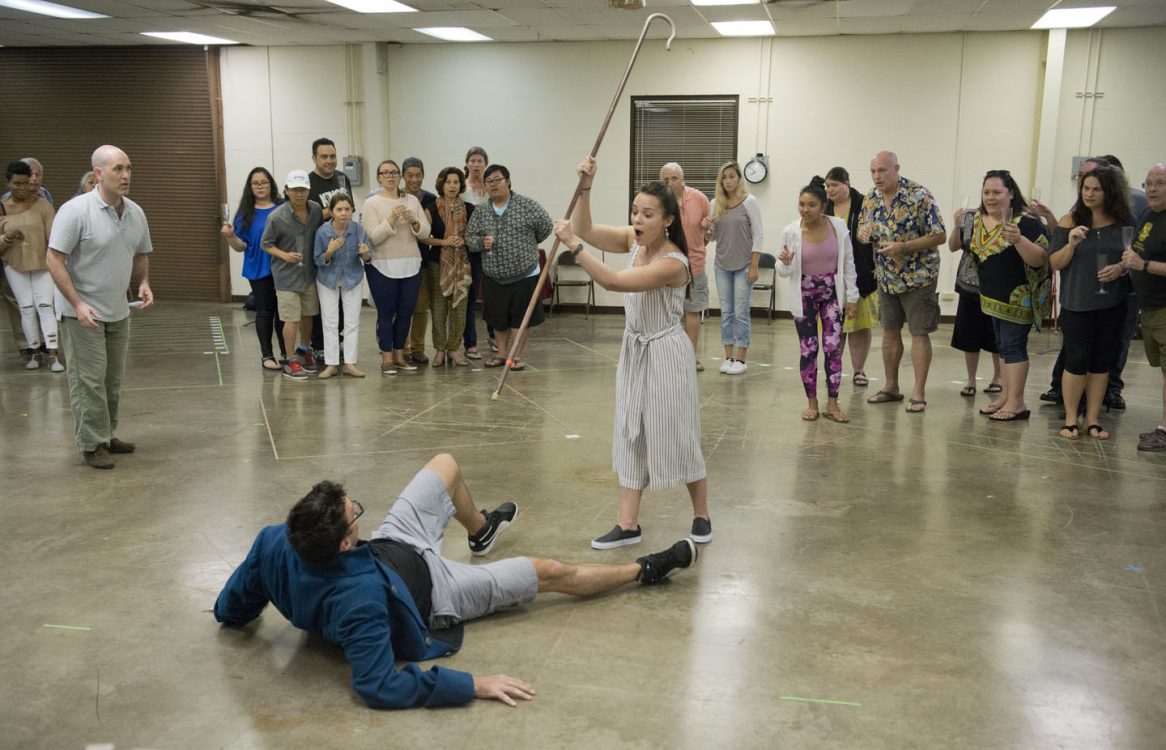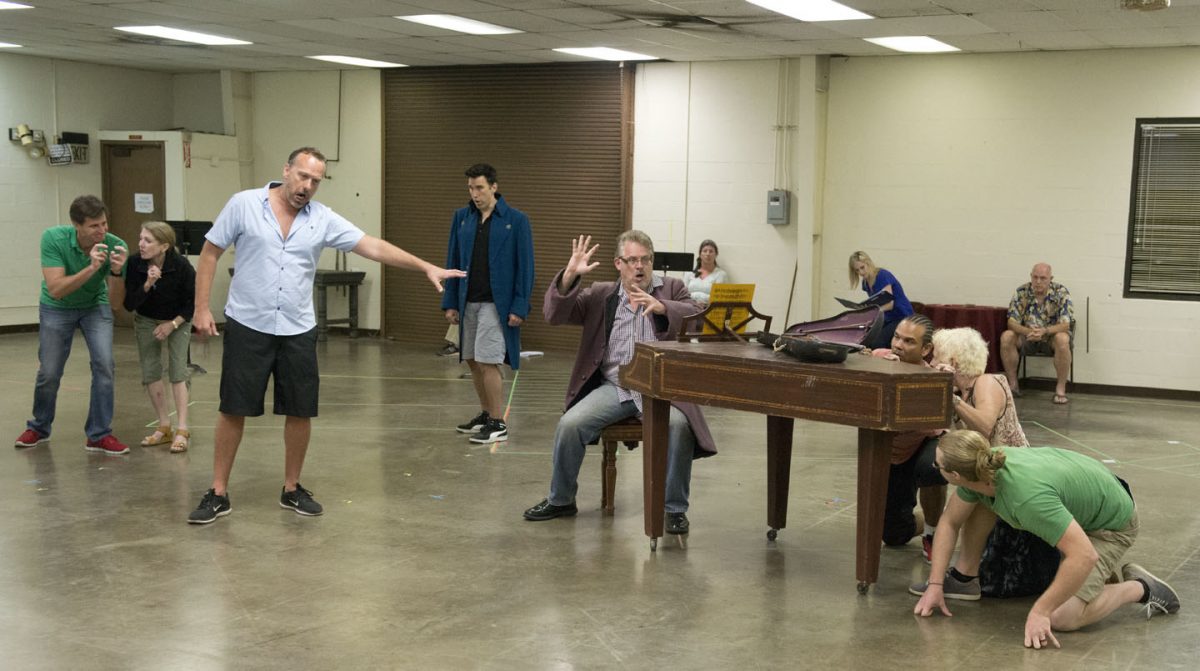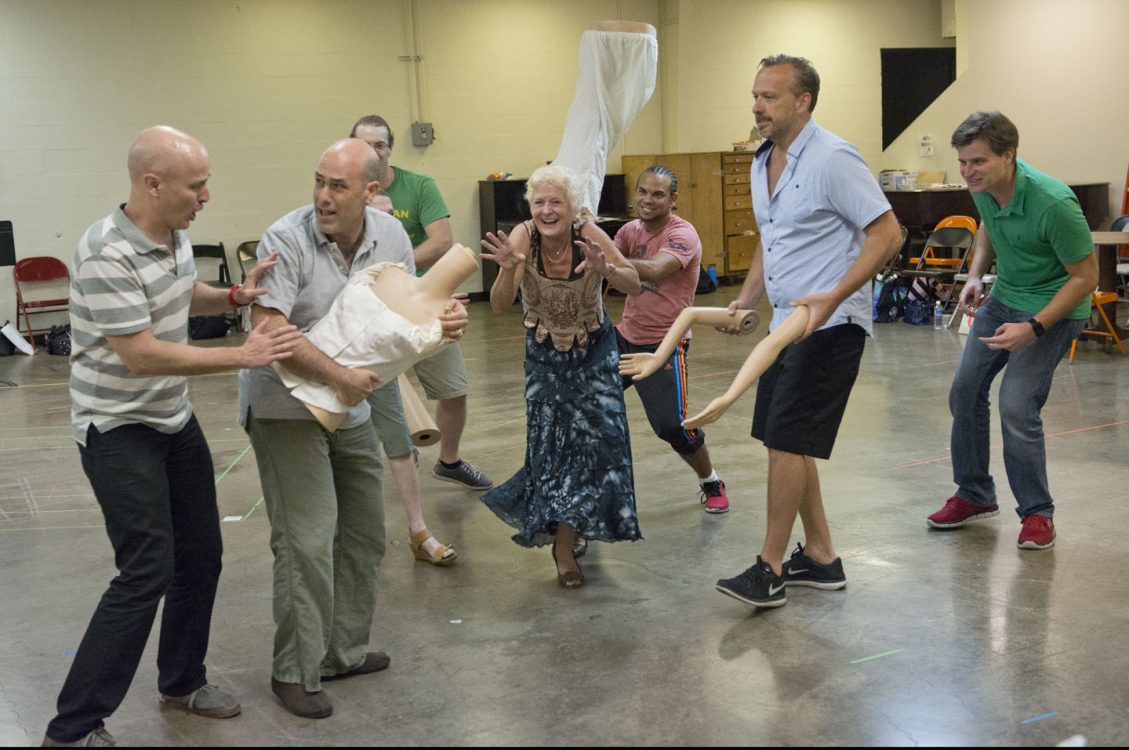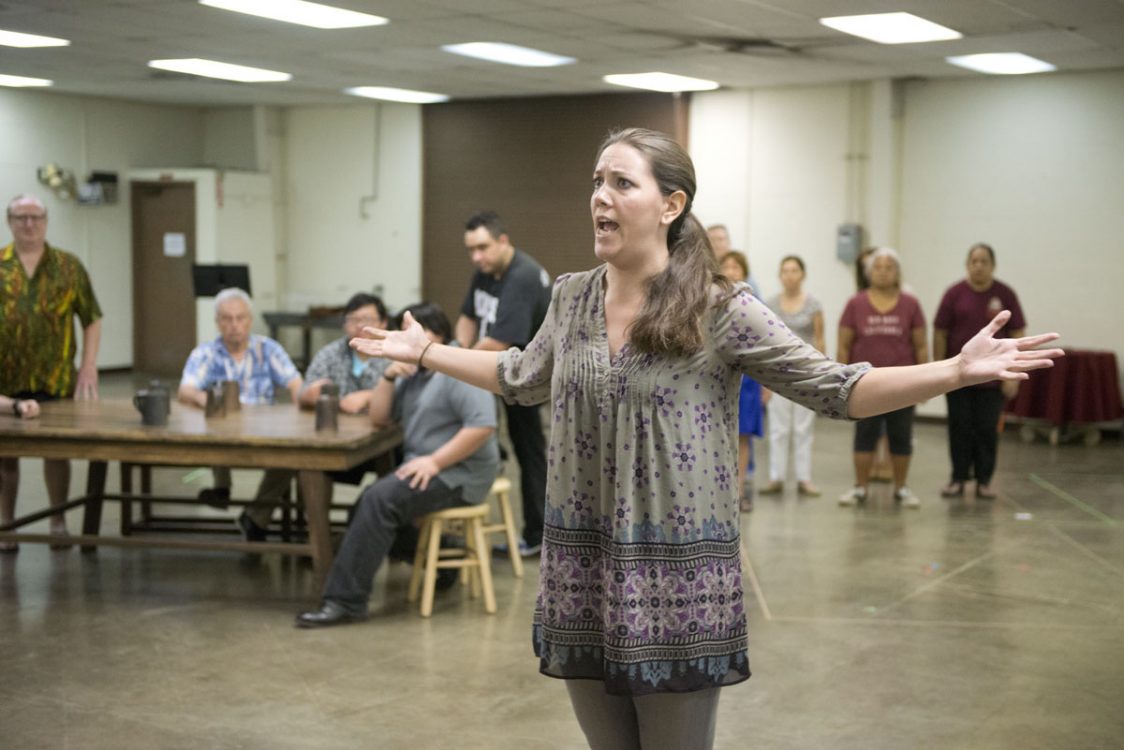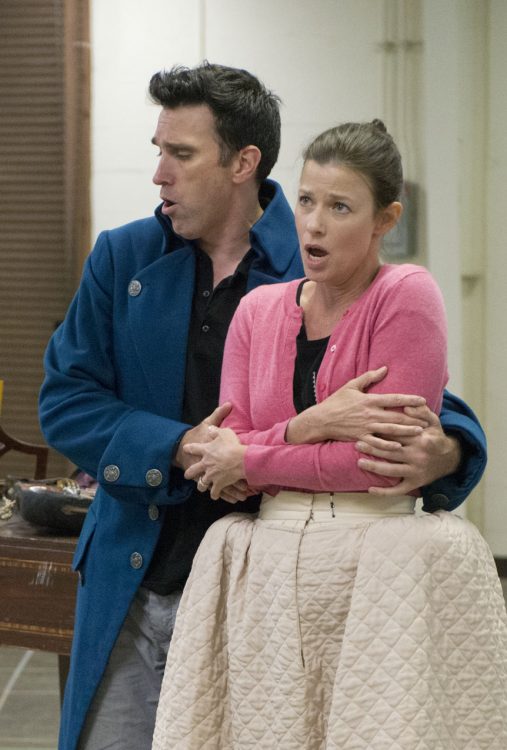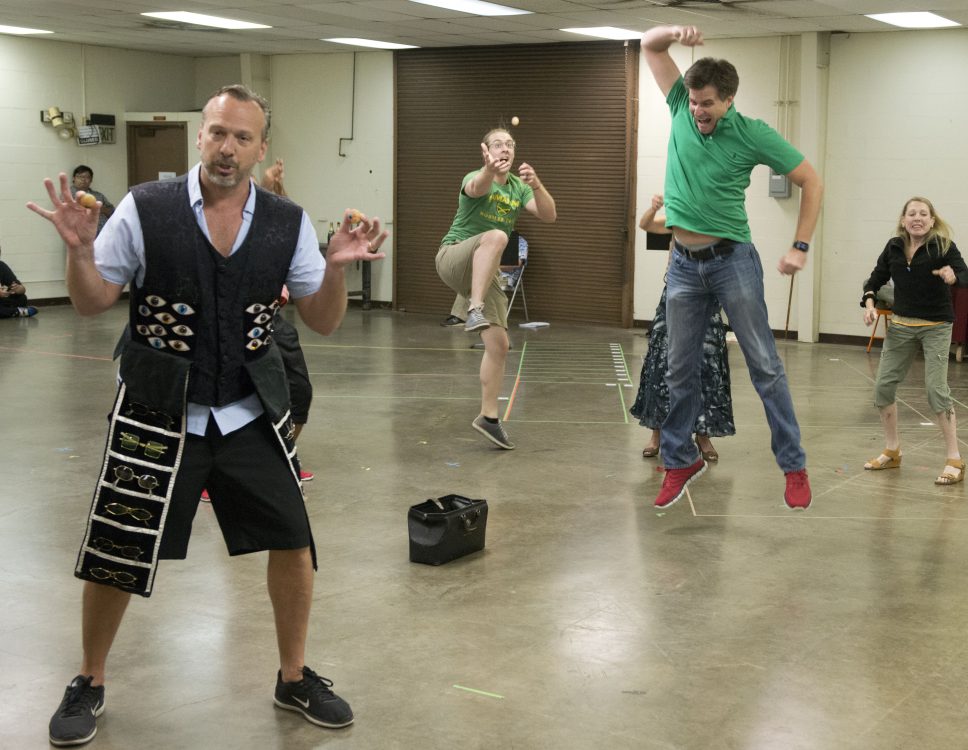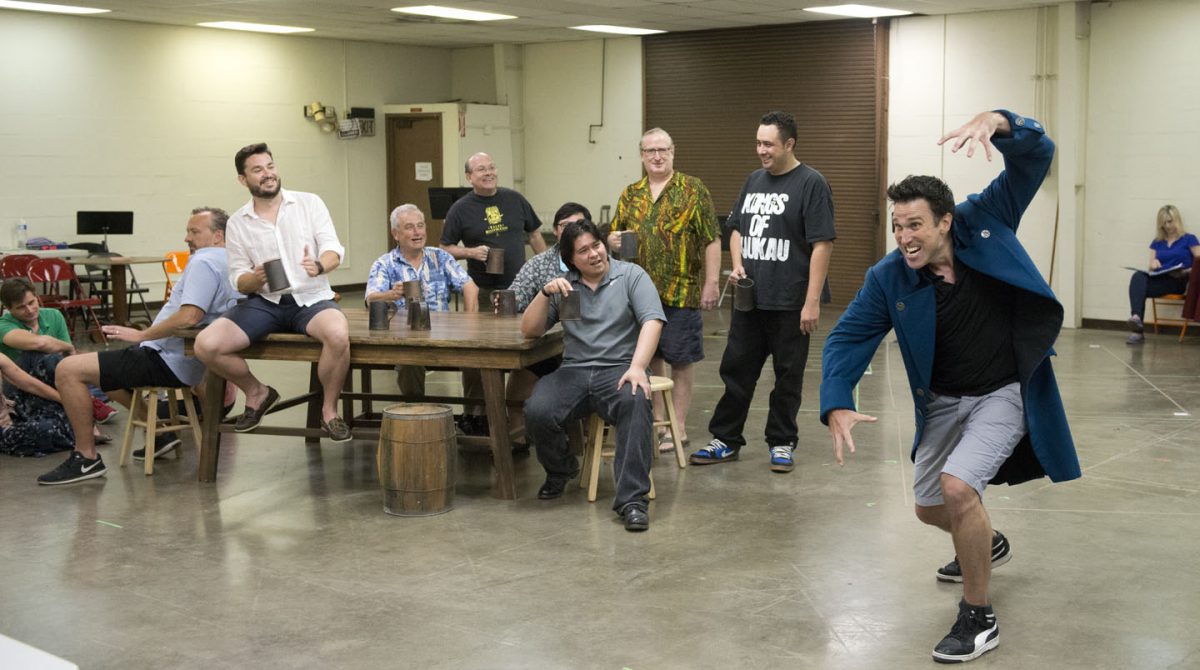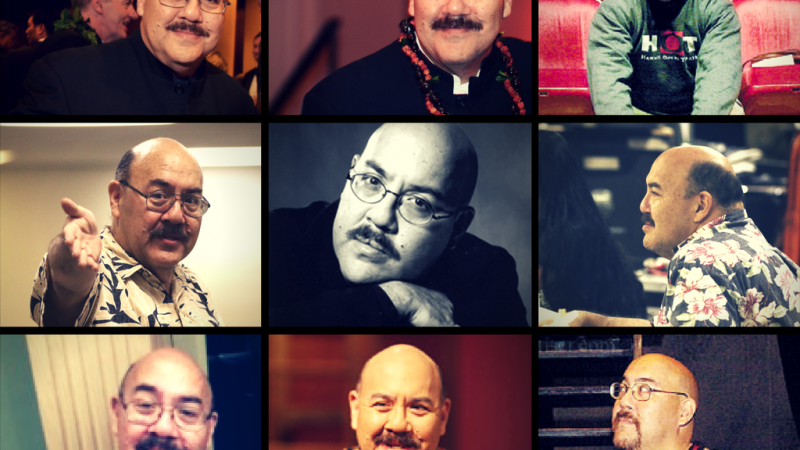A true love for music has guided Henry Akina, Hawaii Opera Theatre’s first Hawaiian director, through more than 120 operas over a 30-year career.
Offenbach’s The Tales of Hoffmann will be the last opera that Henry directs for HOT, before retiring from his role as Artistic Director, which he has held for 20 years. The production will be performed on April 21, 23, and 25 at the Blaisdell Concert Hall.
In a 2002 HOT concert program Henry wrote: “The opera is but one art form where we can go beyond everyday life to look at some of its mythologies and gain insight into the lives of other characters, and thus into our own.”
With this in mind, the Tales of Henry will look back on Henry’s life and career.
Leaving a Legacy
In the mid-1990s, the Hawaii representative from the Arthur and Mae Orvis Foundation was speaking with local arts organizations to try to find ideas for initiatives to fund. The representative reached out to Henry and HOT’s education team. Henry had an idea for a HOT “studio” that could do more for its community, and the funding presented an opportunity to bring his idea to fruition.
“I was envisioning a professional company of Hawaiian people that were talented operatically,” Henry said.
Henry, HOT Director of Education Erik Haines, and HOT Head of Music Beebe Freitas, assembled to plan the direction of the studio. The three determined that the main goal would be to provide opportunities and connections for young local singers to interact with professionals in the opera world. The prospect was granted funding and was named the Mae Z. Orvis Opera Studio.
“I think that the opera studio is one of my great accomplishments,” Henry said.
Because the studio was fully funded, participants who auditioned could take part free of charge. Studio members ranged from college age to slightly older. It quickly gained popularity, with around 10 to 20 members every year since its inception.
“Henry saw that there was all this raw talent here in Hawaii, but the singers needed more skills,” said Malia Ka’ai-Barrett, who was a member of the original studio class. “So the studio created a way to foster some skills.”
When Malia started with the studio, she was a perfect example of someone who had the talent, but needed further instruction to open more doors in the industry. She had studied music, taken part in several choirs, and had sung in front of plenty of audiences. But like many singers, she had yet to master all of the elements of performance.
“[The studio] is not just about singing, it’s about performing,” Erik said. “That includes what do you do physically in terms of making the sound and what do you in terms of creating the world of what you are singing, whether it’s a Broadway piece or an art song or an aria.”
In the first few years of the studio, Henry served as an expert who could offer studio members feedback in their staging, acting, auditioning, and performance.
“We want to create a full performance,” Henry told PBS in a 2015 interview, “and I’ve usually had very collaborative relationships with singers to try and get that out of them.”
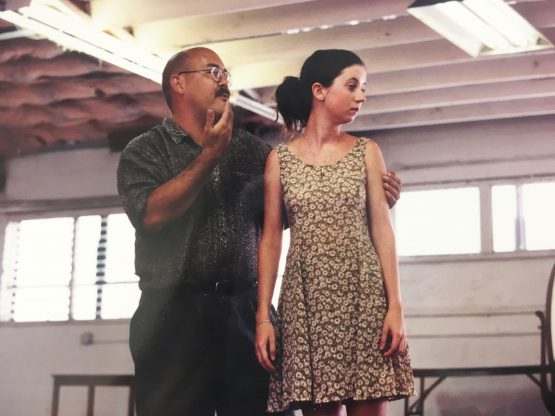
As the studio was able to bring in more clinicians to instruct members over the years – from pianists to directors to dancers – Henry stopped instructing classes. Renowned opera experts, such as conductor and pianist Mark Morash, conductor Tim Shaindlin, and singers Jake and Jill Gardner, have taken his place. The studio has also been visited by well known names in opera, such as Frederica von Stade and Sylvia McNair.
The studio usually brings in anywhere from two to six clinicians for master classes each year. Malia says she is consciously aware of how much she improves after each.
“I’m always thankful for what HOT has done, and it really has been because of Henry having the thought and the willingness to commit to it,” she said.
But the studio has also provided benefits for HOT. Although studio members don’t have to pay any fees, they are expected to participate in the chorus for at least one of the season’s opera productions. Erik said this helps provide a stable core for the HOT chorus and introduces new, young members. The company has also gained enough confidence in some of the studio members to present them as live performers at some of its most prestigious events, such as the annual opera ball.
And though Henry is retiring, the studio will remain a priority for HOT. Erik said that in the coming years he plans to expand the singers’ meeting schedules to include more workshops where they can listen to, evaluate, and assist each other in moving forward.
“The studio has been important for me personally, but I think for so many, in helping turn us from singers who enjoy singing into singing performers and singing actors,” Malia said. “And that’s really what opera is about.”
Many of the studio’s members have taken the instruction and networking a step further and translated it into a career.
Becoming Professionals
Most of the professional opera singers who have come out of Hawaii in the last few decades, in fact, can trace their roots back to the HOT studio, Malia said. And Henry was a big inspiration to some of the singers who made it big.
“I think for island kids – local kids – in particular, it’s really scary to go outside of Hawaii,” Malia said. “It was inspiring to have somebody who had gone away, had success, and then came home telling us, ‘you’re more than capable of doing this, but you need some skills, so let’s get you ready.’”
Trying to get started in an opera career took more than just talent, Malia and others learned. A singer needed to have established a polished repertoire of pieces they could perform in an audition, they needed to know how to audition, they needed to be able to perform, and they needed head shots. But above all else, they needed to have the guts to put themselves out there. And the fact that Henry had faith in the community that he grew up in made a difference, Malia said.
One young baritone singer who had the talent and the guts was Quinn Kelsey. He was a member of the original studio class, along with Malia.
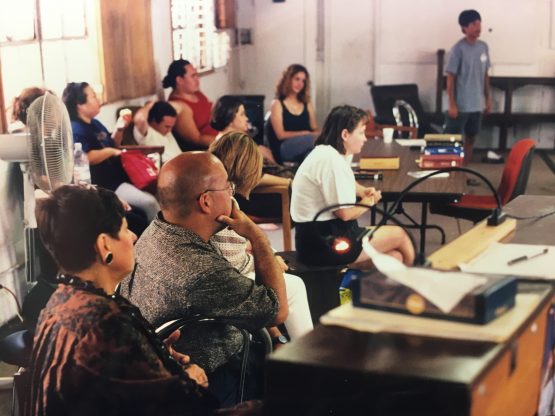
“Quinn was this guy who was really of international stature, who was really quite good,” Henry remembered.
Quinn took what he learned in the studio and ran with it. With support from HOT, he started an opera career and quickly gained notoriety. Since then he has sung around the world, including in roles for the Metropolitan Opera, English National Opera, and Opéra National de Paris. In 2016, he returned home to sing the title role of Rigoletto in Concert with HOT.
“The Orvis Opera Studio, in essence, allowed me a huge leg up as I finished college and began to move into the ever growing pool of young artists searching for the direction in which to take the next step in their budding careers,” Quinn said. “I gained so much insight into an operatic career, as well as honing the many tools I would later use to hitting the ground running as a full-fledged artist. I don’t know that I would be as successful as I am today if not for all that the Orvis Opera Studio gave me all those years ago.”
Other former studio singers who have now made a career out of opera include baritone Jordan Shanahan and tenor Jeremy Blossey. Several others have gone on to pursue music master’s degrees or work in musical theatre. Malia now serves as the General Manager of the Hawaii Youth Opera Chorus.
Henry is happy with all of the outcomes, he said, as long as he was able to contribute to helping people learn more about opera.
“I would always like them to be world stars,” he said, “but I would also be happy with them staying here in Hawaii.”
The Tales of Henry Epilogue:
Henry’s retirement has come as a surprise to many, including himself.
His decision, he said, is in response to a recent diagnosis with a progressive neurological disorder, which he feels will soon make it difficult to direct.
“I’m leaving the company in good hands,” Henry said. “I hope that in the future, even more people see opera as a form of theatre that really is emotional.”
Henry has certainly done his part in exposing others to opera. And his experiences in theater and music have touched many in Hawaii and all over the world. He brought opera premieres to Germany and Hawaii, he gave young directors the confidence to stage their own productions, and he helped transform raw talent in Hawaii into a company of professional performers. But Henry said he’s not done.
“The fat lady hasn’t sung yet,” Henry said with his signature laugh. “There’s more to come. That’s up to the world.”
Henry will be named Artistic Director Emeritus upon leaving HOT. The Henry Akina fund has also been created in his honor, and donations will provide support for at least one production each year or for visiting directors.
After directing his last production, Offenbach’s The Tales of Hoffmann, HOT’s singers sent him off with hoards of leis and a performance of Queen Lili’uokalani’s song “Aloha ‘oe.”
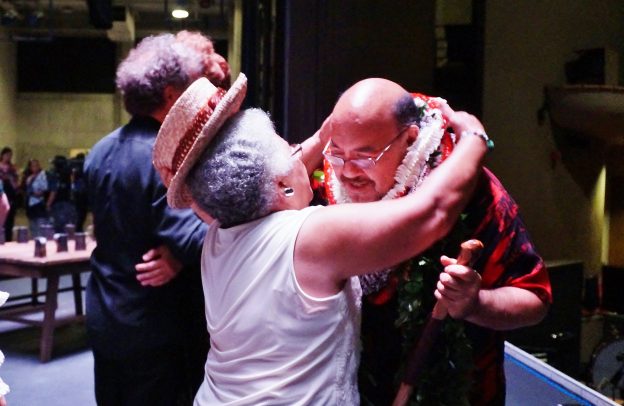
Not long before, in the last act of The Tales of Hoffmann, Hoffmann had realized that his three great failed loves all resembled the primadonna Stella. When Stella returned to the bar where he was drinking, he had drank too much to even realize she was there. With no one left to distract Hoffmann, the angelic Muse of Poetry presented herself and proclaimed that Hoffmann could finally fulfill his destiny as a poet.
“From the embers of your heart we kindle your genius,” she sang.
For Henry, the great tales of his life – from Germany to his living legacy in Hawaii – have also left embers in his heart. They all resemble his original fondness for theatre, but it was the Muse of Music that truly kindled his genius.
“I’ve always found inspiration in music,” Henry said. “I will always look to music as a source of possible inspiration.”
By: Allison Kronberg

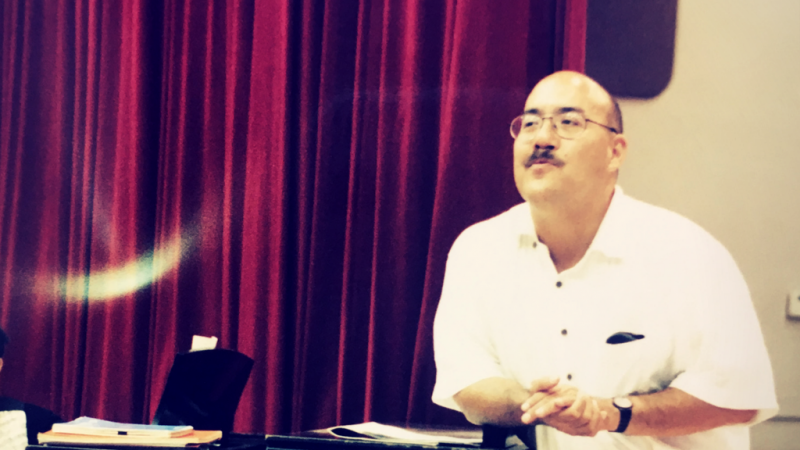
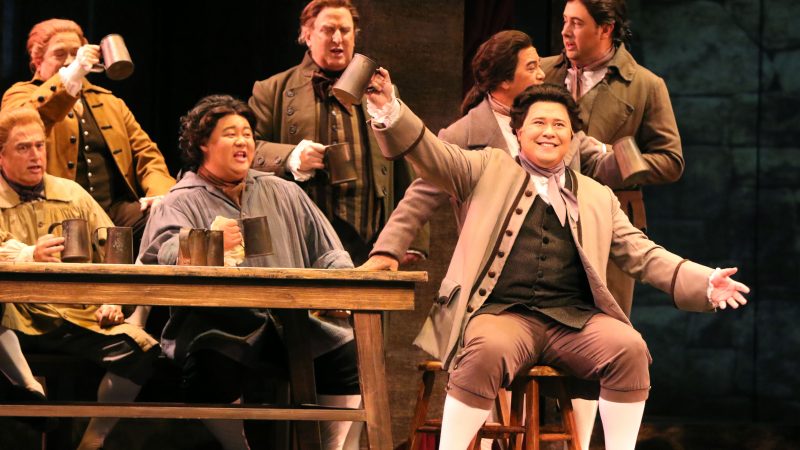
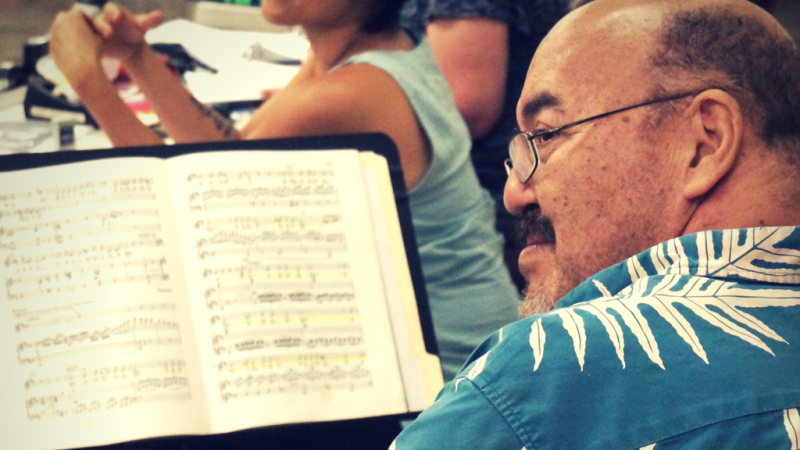
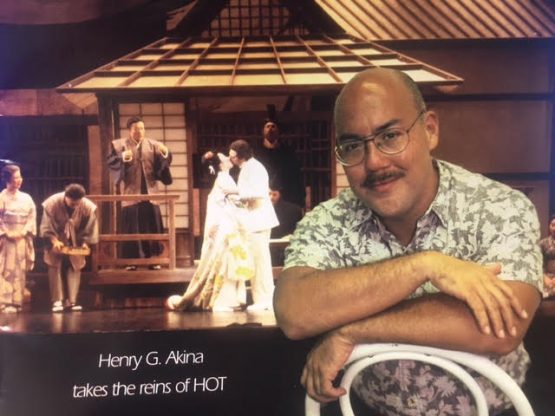
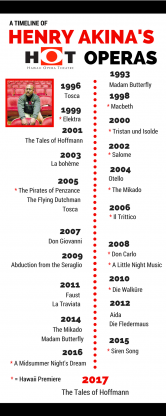 “I wanted opera more for the people,” Henry said. “I think that every audience is different and every community is different.”
“I wanted opera more for the people,” Henry said. “I think that every audience is different and every community is different.”